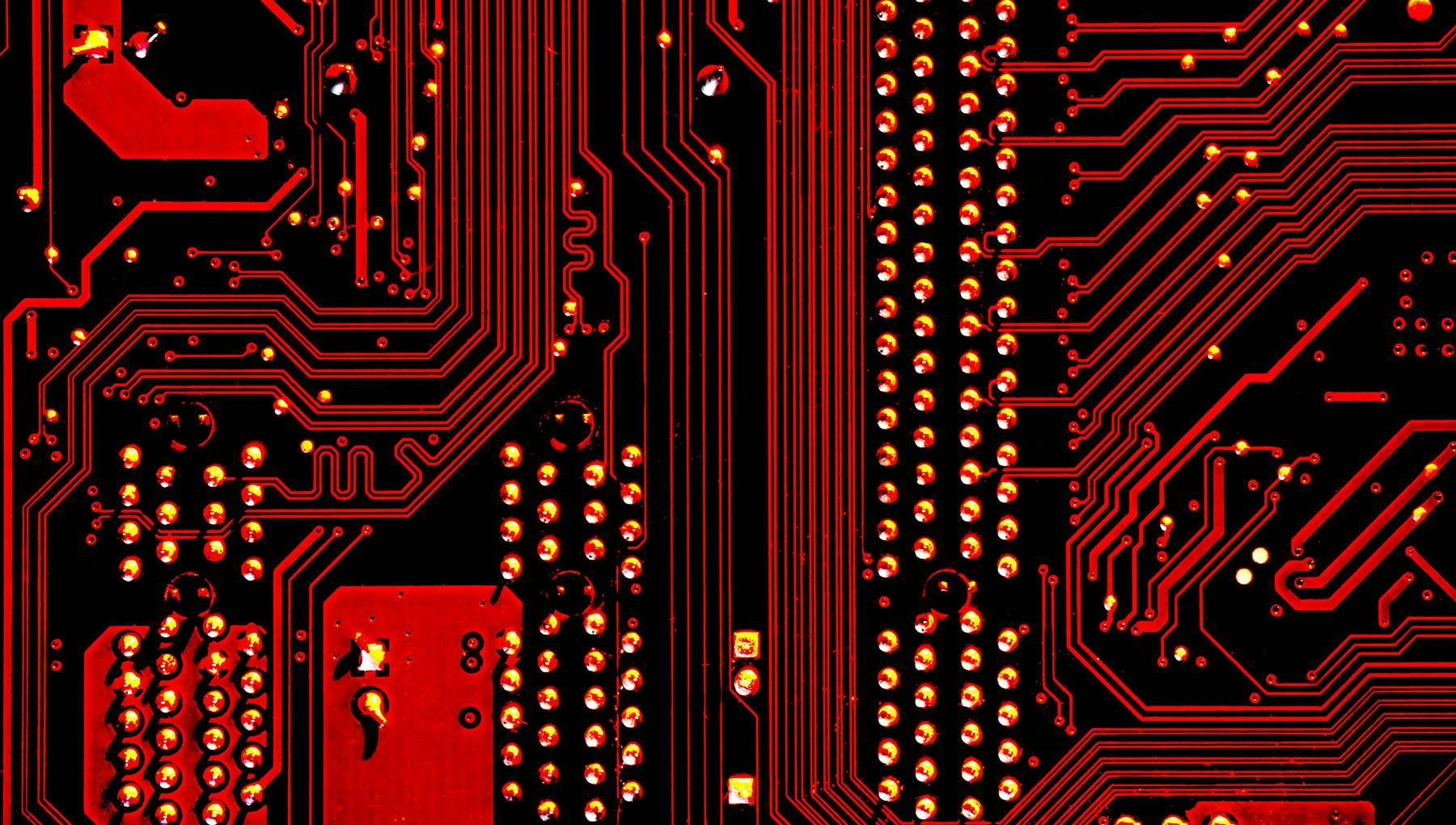Amsterdam UMC is first ever hospital using AI to discharge ICU patients
The Amsterdam UMC will begin using AI assistance to decide when to discharge patients from intensive care units, easing pressure on limited ICU beds ahead of future COVID-19 waves.
UMC teams up with Pacmed on AI intensivist tool
The Amsterdam UMC (Universitair Medische Centra) announced it will begin using a pioneering new AI tool to determine the best times to discharge its intensive care patients. UMC’s intensive care specialists Paul Elbers and Patric Thoral worked with software developer Pacmed on the AI, believed to be the first such AI application in hospitals worldwide. Besides its implications for medtech, the tool can improve patient health, reduce readmission rates and maximise space for future patients.
AI innovation revolutionising healthcare decisions
The AI application, called Pacmed Critical, was developed with Amsterdam software developer, Pacmed. To predict the best discharge times for patients, it uses pseudonymised data from over 25,000 patients treated in intensive care. As a result, based on various factors it can give a real-time estimate at any given moment of how high the chances are of a patient having to be readmitted later on if transferred to a regular nursing ward. Of course, the fate of a patient will not be left entirely up to data. Human intensive care doctors will ultimately have the final say about each patient’s decision. “We see it as a kind of second opinion, and by investigating how the software works in practice, we want to further increase the value for patients and healthcare providers” explains Thoral.
Saving lives and hospital beds against future waves
In this way the benefits impact both current and future ICU patients. Choosing when to discharge patients from intensive care is a delicate decision. Discharging too soon can cause deterioration of patients’ conditions, potentially leading to readmission and a greater chance of death. But leaving patients in intensive care for too long is also a problem. “It is annoying for the patient, but it is also very expensive. The bed cannot be used for another patient who may need it much more. All very undesirable with the relatively low number of ICU beds in the Netherlands, a lack of ICU nurses, and high absenteeism since corona” explains Elbers. In this way, the tool also hopes to safeguard against future ICU bed shortages in case further waves of COVID-19 impact capacity in future.
The perfect melting pot for medicine and AI
It is perhaps no coincidence that such an innovation has arisen from an Amsterdam hospital. The city has a strong track record in both AI and life sciences and health. With a great deal of cooperation between research institutions, universities, medical centres, corporations and startups, the overlap between technology and healthcare promotes developments in both fields. This leads to many forward-thinking medtech innovations and trailblazing AI initiatives, often developing side-by-side.
